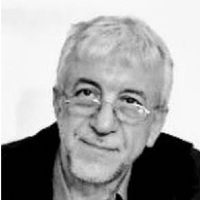An Introduction to the Methodology of History: The Modern World and Beyond
The shift in societal needs from the mid-19th century led to major changes in historiocism and historiography. From the 20th century onwards, the pace of these changes could be determined and organized in three main paradigms.Some historians believe that the past may be reconstructed in the process of being reproduced. Others have stated that such a practice is impractical duo to the number and magnitude of events. Therefore, the historian’s purpose is to somehow construct the events, inspired by the past. Such an inspiration is sometimes related to present or future discourses. At its best, it is close to the heart of the matter at hand. This setting has laid the foundations for total explanation and adopting some ideology in the field of history. The third group of scholars are skeptical and believe that deconstruction is a better practice in understanding the past comprehensively.The present study draws on major resources and aims to introduce, compare, analyse, and evaluate each of these models and their findings. Such methodological arrangements highlight the status of Iranian historipgraphy. Hopefully it would offer a good starting point towards departing from some of the dead-ends in the field of historiography.
-
Britain’s Reaction against Banditry and Insecurity of Roads of Qaenat and Sistan (1318-1336AH/1900-1918)
Mina Moeini *,
Journal of Documentary and Archival Studies Research, -
A Statistical Analysis of the Spread and Diversity of Waqf (charitable endowment) in the Ottoman Empire: A Case Study of Records from the National Archive of Bulgaria
, Ma’Soumeh Pajhooheshnia *
History & Culture,



